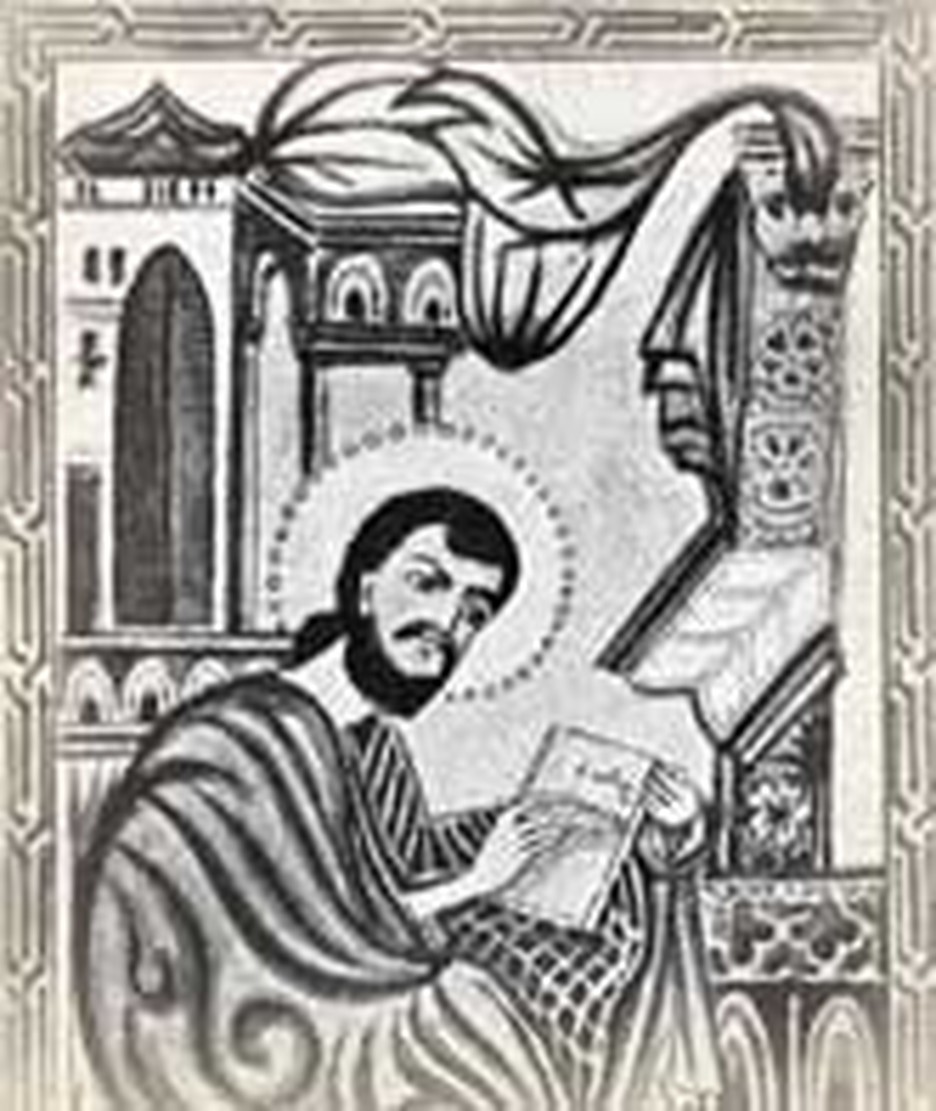
Did Paul owe his life to Luke? If so, we owe Luke our thanks, because it was Paul who wrote most of the New Testament letters and who evangelized the west.
Luke is special. Not only was he the only Gentile (non-Jew) to write books of the Bible, he was a close companion of Paul. If Paul succeeded in evangelizing the western Roman empire, Luke may have had more to do with it than we know. It is likely that God used his medical skills to keep Paul alive some of those times when he was beaten, stoned or half-drowned.
Luke is special, too, because he is the first Christian physician on record. Untold thousands have followed in his steps. Physicians can look to Luke as an example. But so can historians, because his writings are very much in the Greek tradition. Painters claim him for their brotherhood, too, because tradition holds he painted a picture of the Blessed Virgin which hung in the Santa Maria Maggiore in Rome.
As a physician, Luke must have been curious about the medical conditions behind Christ's miracles. As a matter of fact, Luke uses more medical terms than any other New Testament writer. For example, he doesn't just say Publius' father was sick: he tells us he suffered from fever and dysentery. The apostle Paul told us that Luke was a doctor. In fact, he called him "dear doctor Luke." Given his use of medical detail in the two books he wrote for the Bible, The Gospel According to Luke and The Acts of the Apostles, we might have guessed it ourselves.
Luke pulled back the curtain on the young Jesus more than any other gospel writer. Without him we would know nothing about the boy Jesus's thinking. It is a pretty safe bet that Luke interviewed Mary and got most of the details from her. Perhaps he even heard the Magnificat, recorded in his gospel alone, from her very own lips. This day, October 18, is the great doctor's feast day in churches that observe such traditions.
Bibliography:
- Aland, Kurt. Saints and Sinners; men and ideas in the early church. Philadelphia: Fortress Press, 1970.
- Aspland, Alfred. The Four Evangelists. Manchester: The Holbien Society, 1873.
- Barclay, William. The Gospel of Luke. Philadelphia: Westminster, 1975.
- Butler, Alban. Lives of the Saints. New York: Kennedy, ca. 1956.
- The New Catholic Encyclopedia. New York: McGraw-Hill, 1967.
- Fitzmeyer, Joseph A. The Gospel According to Luke. Anchor Bible. Garden City, New York:Doubleday and Co., 1986.
- Munck, Johannes. The Acts of the Apostles. Anchor Bible. Garden City, New York: Doubleday and Co., 1986.
- Rohrbach, Paul. Armenmien. Englehorn, 1919. Source of the image.
- Tenney, Merrill C., gen. ed. Pictorial Bible Dictionary. Nashville: Southwestern Company, 1972.
- Ramsay, W. M. Luke the Physician and Other Studies in the History of Religion. Grand Rapids, Michigan: Baker, 1956.
- Scott, John A. Luke; Greek Physician and Historian. Evanston, Illinois: Northwestern University, 1930.
- Walsh, James A. "St. Luke the Physician," appendix to Old Time Makers of Medicine. New York: Fordham University Press, 1911.
Last updated April, 2007.








